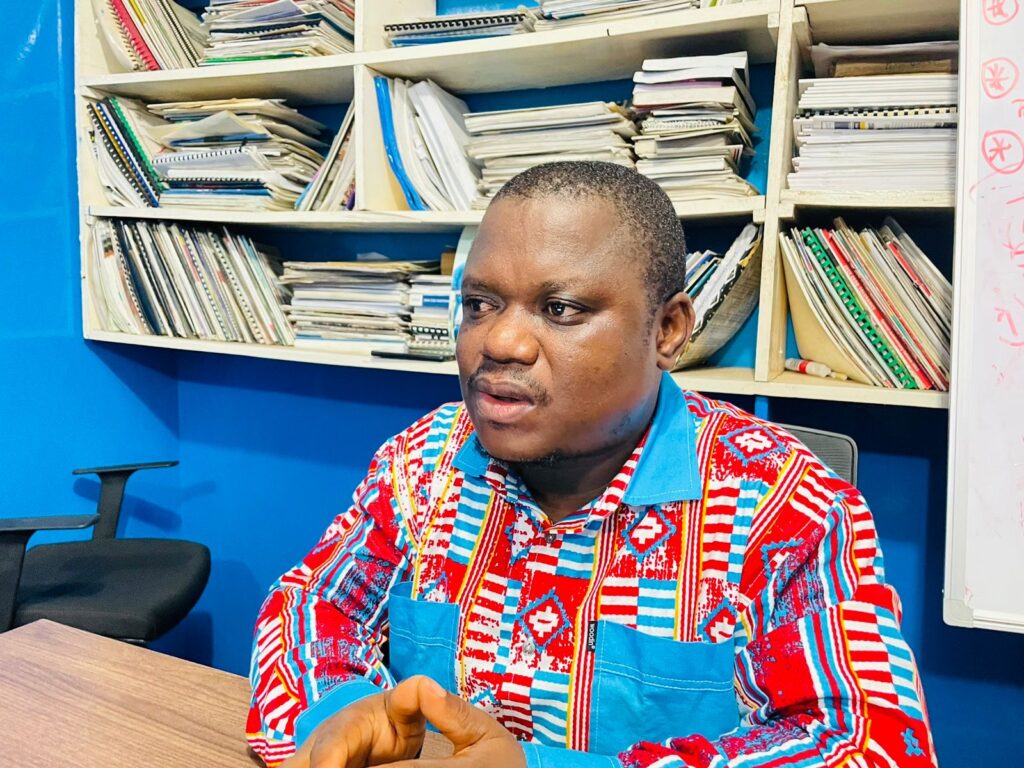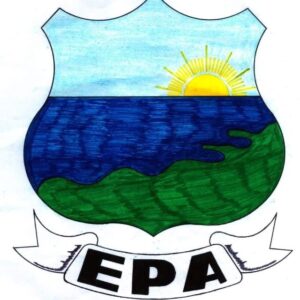In the Fight Against Corruption, CENTAL Wants Pres. Boakai Declares Assets

By : Laymah Kollie
Monrovia -January 30,2024: As a means of curtailing corruption and improving the level of transparency and accountability in the Boakai-led Administration, the Center for Transparency and Accountability is urging President Joseph Boakai to officially declared and publish his assets.
CENTAL call comes following the release of the Transparency International Corruption Perception Index Report placing Liberia on a higher rank for corruption.
Liberia ranks 145/180 among countries covered by CPI 2023. From 32 in 2018, Liberia has dropped by 7 points to 25 in 2023. Unfortunately, this further cements the country’s position as one of the biggest decliners on the CPI, dropping by a massive 16 points from 41 in 2012 to 25 in 2023. In West Africa and the Mano River Union, Liberia is the only country that has declined by 7 points over the last 6 years. This is corroborated by CENTAL’s 2021, 2022 and 2023 State of Corruption Reports, which reveal that 90% of Liberians think Corruption level is high in the country, with low citizens’ confidence in the executive branch of government to fight against corruption.
Reading the report at CENTAL’s office on Tuesday January 30,2024, Mr. Anderson Miamen, Executive Director expressed concern over the poor performance of Liberia in an international findings. Stressing, that it is a serious challenge taken over by the Boakai administration.
“This year’s poor result shows the scale of the problem the Boakai-led administration is inheriting. On the other hand, it is a test of his anti-corruption credentials–whether bold commitments being made will be matched by visible concrete actions to end impunity for corruption, reverse the decline, and take Liberia up the CPI ladder.”
Acknowledging the circumstances currently inherited by the government, Miamen cautioned the President to lead by example by declaring his assets and urging every other officials of his government to do same.
“President Boakai must show true leadership in the fight against corruption by appointing people with clean and untainted records as well as declaring and publishing his assets, incomes and liabilities and requiring same of his officials.”
The transparency institution also echoed calls to the General Auditing Commission to timely audit the Inauguration budget, the consolidated account of government on the claims and encounter claims of balance money left in account by Weah administration.
“We call on the General Auditing Commission (GAC) to timely audit the inauguration budget and expenditures as well as the consolidated account of government, in the wake of claims and counterclaims about corruption and misrepresentation of the facts surrounding the closing balance of the CDC-led government, as of January 22, 2024.”
He further admonished the government to launch an investigation into passport lingering scandal at Ministry of Foreign Affairs.
“Investigation into lingering passport scandal at the Ministry of Foreign Affairs must be completed and the report published. Other outstanding issues from the Weah-led administration must be investigated and the findings published and implemented”.
Since 1995, the Corruption Perception Index has been scoring and ranking countries based on how corrupt their public sectors are perceived, according to experts and business executives. The score ranges from 0 (highly corrupt) to 100 (very clean), where 0 equals the highest level of perceived public sector corruption and 100 equals lowest level of perceived public sector corruption. 180 Countries were targeted in 2023 as in 2022.
The CPI draws upon 13 data sources, which captures the assessment of experts and business executives on a number of corrupt behaviors in the public sector. These corrupt practices and behaviors include bribery, diversion of public funds and supplies, use of public office for private gain, procurement irregularities, state capture, and nepotism in the civil service. Also, some of the sources assess mechanisms available to prevent and address corruption in a country. Examples include government’s ability to enforce integrity mechanisms; financial, logistical, and moral support to anti-graft institutions; independence and viability of anti-graft institutions; the effective prosecution of corrupt officials and others accused of corruption; conflict of interest prevention; access to information; freedom of speech and the media; and legal protection for whistleblowers, witnesses, journalists, and investigators.
Global Highlights:
Published today by Transparency International, the CPI 2023 draws attention to ending impunity for corruption. CPI 2023 alarms over a global trend of weakening justice systems, which allows corruption to thrive by reducing accountability of public officials. It cites a global decline in justice and the rule of law since 2016. The world continues to fail to fight corruption: 95 per cent of countries have made little to no progress since 2017. In other words, the fight against corruption has stagnated worldwide at a time when conflict and insecurity abound and human rights, democracy, and the justice system are also under attack.
The global average remains unchanged at a score of 43 out of 100 for the 12th year in row. Denmark (90) tops the index for the sixth year in a row, followed by Finland (87) and New Zealand (85). Meanwhile, South Sudan (13), Syria (13), Venezuela (13) and Somalia (11), embroiled in protracted conflict or having highly restricted freedoms ad weak democratic institutions, remain at the bottom of the CPI.
The highest scoring region is Western Europe and the European Union with an average score of 65. The lowest scoring region is Sub-Saharan Africa with 33. The 33 average score of Sub-Saharan Africa shows continued bleak picture of inaction against corruption in the region, as governments are doing very little to match their flowery promises with tangible actions to deal with the culture of impunity.
Although no country is free of corruption, countries topping the CPI share characteristics of open government, press freedom, strong parliament/legislature, civil liberties, and independent judiciary. Meanwhile, countries at the bottom are characterized by widespread impunity for corruption; poor governance; weak parliament and oversight bodies, poorly-supported and underperforming anti-graft institutions, among others.
Regional Highlights and Trends:
The Sub-Saharan Africa average is 33, the lowest in the world. Ninety percent of countries in Sub-Saharan Africa scored under 50. In the last decade, 43 countries in the region have either declined or made no significant progress. Since 2012, Liberia (25), Mali (28) and South Sudan (11) have significantly declined on the CPI. On the other hand, some significant improvers over the last few years include Seychelles (71), Senegal (43), Ethiopia (37), Tanzania (40), Kenya (31), Côte d’Ivoire (40) and Angola (33). With a score of 71, the Seychelles earns the highest mark in the region, followed by Cape Verde (64) and Botswana (59) as second and third place holders. Equatorial Guinea (17), South Sudan (13), and Somalia (11) are the region’s worst performers.



